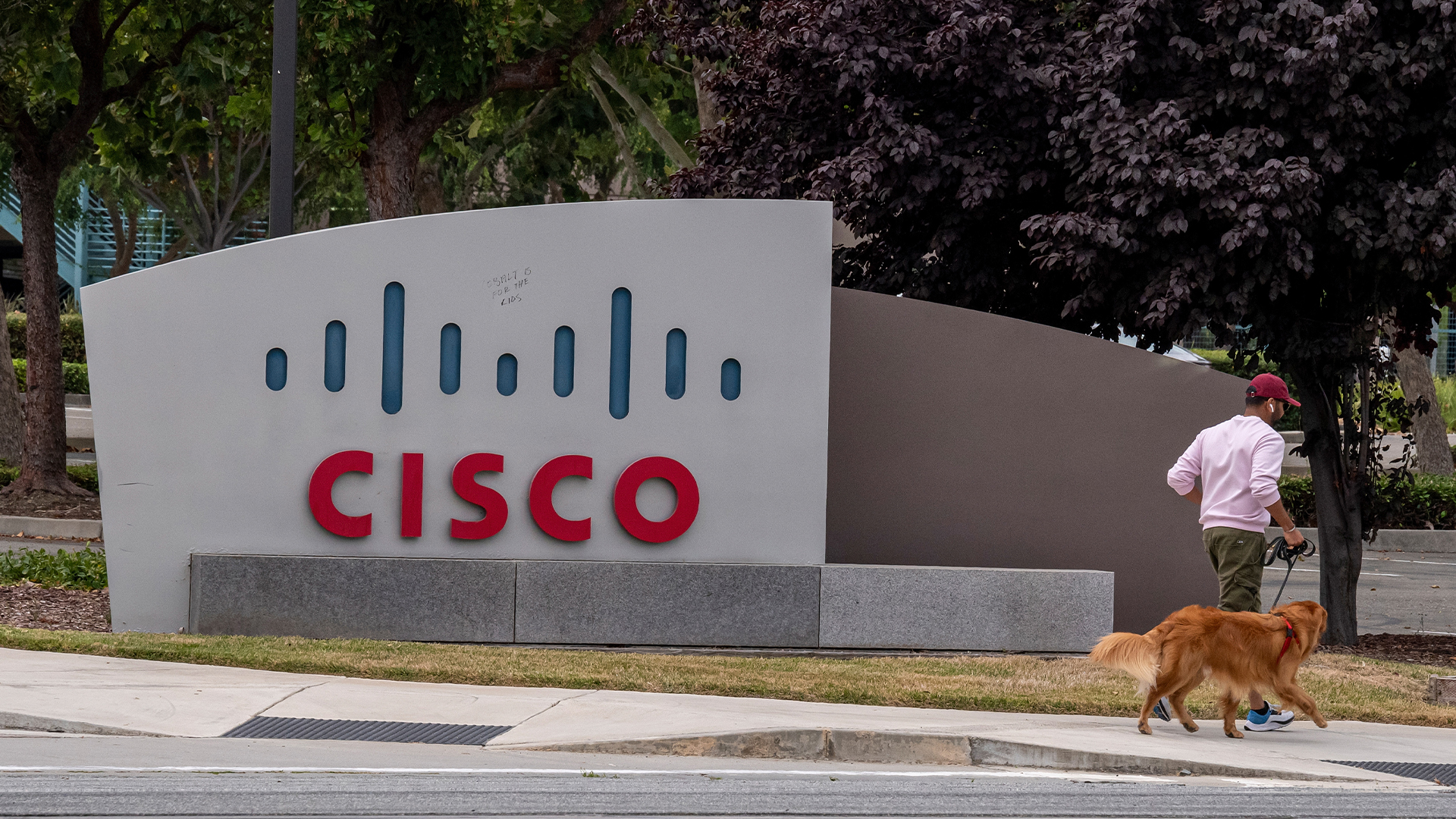Employees want purpose, and they’re willing to quit to find it – upskilling, career growth, and work-life balance have shifted priorities for workers
A survey suggests two-thirds of professionals want roles that align with their sense of purpose


People want purpose and meaning at work — and if they don't get it, two thirds would quit to find it.
That's the findings from a survey by careers skills organization Tomorrow University, which found seven-in-ten ranked purpose as a defining role in their career choices, and 66% saying they would leave their current role for one that "better aligns with their sense of purpose."
The report comes amid a host of workplace disruptions, including AI changing the nature of work, hybrid working and flexible hours changing the structure of work, and new generations entering the workforce and causing cultural upheaval.
Indeed, the report found that more than half of professionals polled said their career priorities have shifted in the last five years and they now wanted to focus on "finding purpose and impact."
But the report's findings don't mean employers need be pitted against their staff, as helping workers find their purpose can benefit organizations, with a fifth of employees saying a sense of purpose can help drive their performance, second only to work-life balance at 42%.
Working with purpose
What do respondents mean by purpose? According to the report, 58% define it as continuous learning and opportunities for growth, with 57% saying it involves working in a field that aligns with their values or passions
Similarly, nearly half (41%) say purpose is about helping others or having a positive impact in other people's lives.
Sign up today and you will receive a free copy of our Future Focus 2025 report - the leading guidance on AI, cybersecurity and other IT challenges as per 700+ senior executives
"Our research shows that people want more from their careers, but it's important to remember: purpose is a journey," said Dr Thomas Funke, co-founder and CEO at Tomorrow University.
"Almost 60% of people surveyed define 'purpose' as continuous learning and personal growth. It’s about commitment to personal growth and inner work."
While the differing definitions of purpose may make this difficult for companies to unpick, the survey also asked employees how their bosses could help, finding that six-in-ten wanted opportunities for professional development in impactful fields.
Upskilling and career growth are key focus areas
Notably, five-in-ten said they wanted financial support from their employer for further education or certification.
That's no surprise as shifts in the job market, such as the rise of AI, could have a major impact on employment — with one report saying 60% of jobs will be hit by AI in some way.
"Nobody knows exactly what the future of work will look like but with 40% of job skills expected to change, one thing is clear: adaptability is essential to future-proof careers. Education is powerful in this transition," said Funke.
"The way we learn should equip professionals with the technological literacy and human skills to grow continuously, build a fulfilling career and, most importantly, make a positive impact on the world," he added.
"It’s why individuals, government bodies, business leaders and educators alike must champion a future-focused education model that places purpose at the center.”
MORE FROM ITPRO
- IT professionals aren’t budging on flexible work demands
- Considering an RTO policy? Think again
- Not everyone working from home is procrastinating – but I miss doing it in the office
Freelance journalist Nicole Kobie first started writing for ITPro in 2007, with bylines in New Scientist, Wired, PC Pro and many more.
Nicole the author of a book about the history of technology, The Long History of the Future.
-
 Trump's AI executive order could leave US in a 'regulatory vacuum'
Trump's AI executive order could leave US in a 'regulatory vacuum'News Citing a "patchwork of 50 different regulatory regimes" and "ideological bias", President Trump wants rules to be set at a federal level
-
 TPUs: Google's home advantage
TPUs: Google's home advantageITPro Podcast How does TPU v7 stack up against Nvidia's latest chips – and can Google scale AI using only its own supply?
-
 Want to keep your job in the AI era? Start retraining now
Want to keep your job in the AI era? Start retraining nowNews Workers face critical decisions over the best way to upskill and retrain in the age of AI
-
 Cisco promises AI training for a million Americans
Cisco promises AI training for a million AmericansNews The company joins Amazon, Google, and Microsoft in support of the government's Pledge to America's Youth – Investing in AI Education
-
 Women show more team spirit when it comes to cybersecurity, yet they're still missing out on opportunities
Women show more team spirit when it comes to cybersecurity, yet they're still missing out on opportunitiesNews While they're more likely to believe that responsibility should be shared, women are less likely to get the necessary training
-
 DEI rollbacks could exacerbate tech talent shortages – nearly half of recruitment leaders worry diversity cuts will impact their company’s appeal and employee retention
DEI rollbacks could exacerbate tech talent shortages – nearly half of recruitment leaders worry diversity cuts will impact their company’s appeal and employee retentionNews Finding talent with AI skills has already become a major challenge for enterprises, but with some enterprises shelving DEI hiring practices, research suggests the situation could get worse.
-
 Tech firms eye temps to plug talent gaps
Tech firms eye temps to plug talent gapsNews The tech industry could be set for a spike in temporary hiring, according to a new study from recruitment firm Robert Walters.
-
 IDC InfoBrief: Sustainability doesn’t need to be all stick and no carrot
IDC InfoBrief: Sustainability doesn’t need to be all stick and no carrotwhitepaper CIOs are facing two conflicting strategic imperatives
-
 Five ways to drive innovation at the edge
Five ways to drive innovation at the edgeWhitepaper How an effective edge strategy can generate new value for your organization
-
 Google launches AI training scheme to “supercharge” SMB productivity
Google launches AI training scheme to “supercharge” SMB productivityNews The ‘easy-to-follow’ course aims to bolster SMB leaders’ understanding of machine learning and AI
